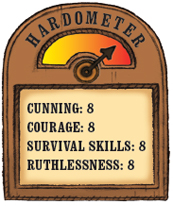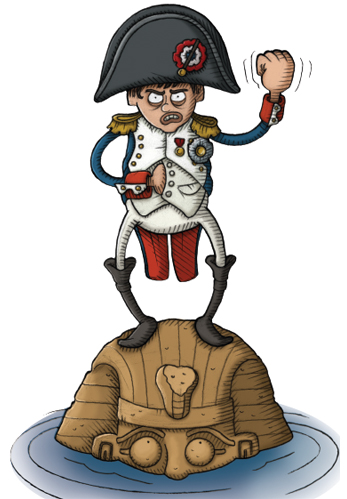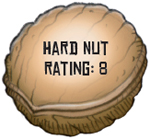

Napoleon started out as an ordinary French soldier, but became an emperor with an army of hundreds of thousands of men.

NAPOLEON THE HERO
Napoleon Bonaparte was born in 1769 in Corsica. By 1789 he was an artillery officer in the south of France and a fierce supporter of the French Revolution, which had just begun. But not everyone supported the new government: there was a rebellion in Toulon, where foreign troops had landed to help the rebels. Napoleon led a brave attack, chased away the foreigners (including Nelson), and became an overnight hero.
VICTORY AND DEFEAT
Napoleon was put in charge of leading the French Army against the Austrians and their allies. Even though his soldiers were badly clothed, underfed and had rubbish weapons, he defeated the Austrians easily. He wasn’t so successful fighting the British in Egypt: Nelson sank Napoleon’s ships and left him stuck there.
NAPOLEON TAKES CHARGE
When he finally got back to France Napoleon decided to sort things out by seizing power himself. In 1804 he made himself Emperor of France – rather like a king, even though the French had recently chopped their last king’s head off.
INVASIONS
In an attempt to invade England, Napoleon’s fleet was completely destroyed at the Battle of Trafalgar in 1805. Napoleon may have been defeated at sea, but on land he battered the Russians, Austrians and Prussians. In 1812 he marched into Russia with 650,000 soldiers. The Russians didn’t fight, but burned everything behind them so that the French had nothing to eat and nowhere to stay. Eventually the French retreated, exhausted, hungry and freezing. The Russian Army now attacked them at their weakest. Only 40,000 men made it back to France.
END OF AN EMPIRE
France was forced to surrender and Napoleon was banished to the island of Elba. But as the old, unfair system of government returned, people started to miss Napoleon. In 1815 he marched to Paris and soon gathered an army – but eventually, at the Battle of Waterloo, they were beaten by the British forces. Napoleon was forced into exile on the island of St Helena in the South Atlantic, and died there in 1821.
MYSTERIOUS DEATH
Although an autopsy performed on Napoleon after his death reported that he died of stomach cancer, until recently, some scholars believed that he was deliberately killed by arsenic poisoning.
See here to find out more about the French Revolution.
![]()
